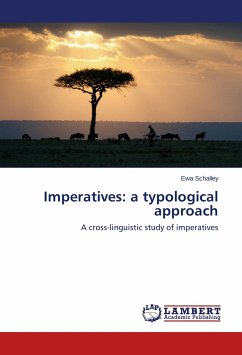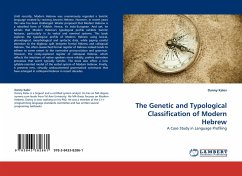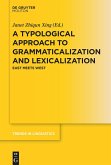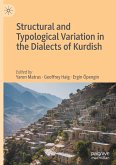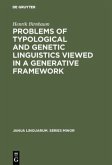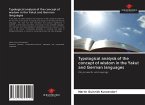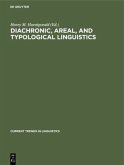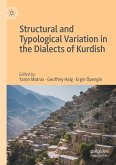This work is a cross-linguistic study of imperatives, i.e., expressions such as come! in English. It is based on two genealogically stratified samples of 500 and 206 languages, which were selected according to the sampling method proposed in Rijkhoff et al. (1993) and Rijkhoff & Bakker (1998), respectively, Miestamo (2005: 31-34). This study offers a typological classification of the primary verbal means, referred to as 'primary imperative strategies', which languages have for expressing the imperative meaning. The basic distinction in the classification is that between 'direct' and 'indirect' imperative strategies. Direct imperative strategies are organized into imperative paradigms. This study proposes a new approach of postulating imperative paradigms. This approach takes into consideration functional as well as formal characteristics of direct imperative strategies when organizing them into the same imperative paradigm. Imperative paradigms are divided into different types according to which person-number combinations they have forms for. The occurrence of the different types of imperative paradigms is accounted for in terms of a semantic map.
Bitte wählen Sie Ihr Anliegen aus.
Rechnungen
Retourenschein anfordern
Bestellstatus
Storno

